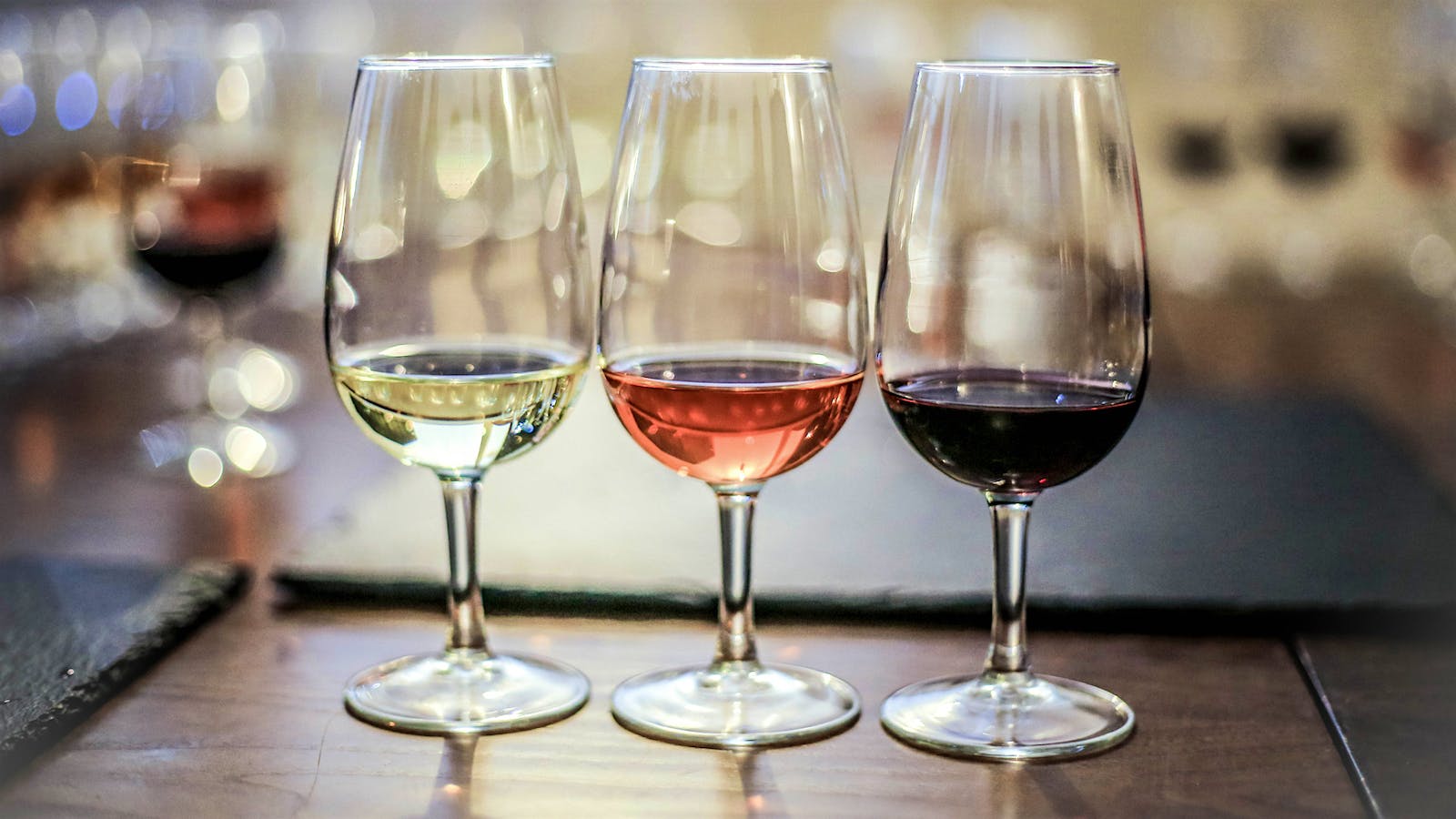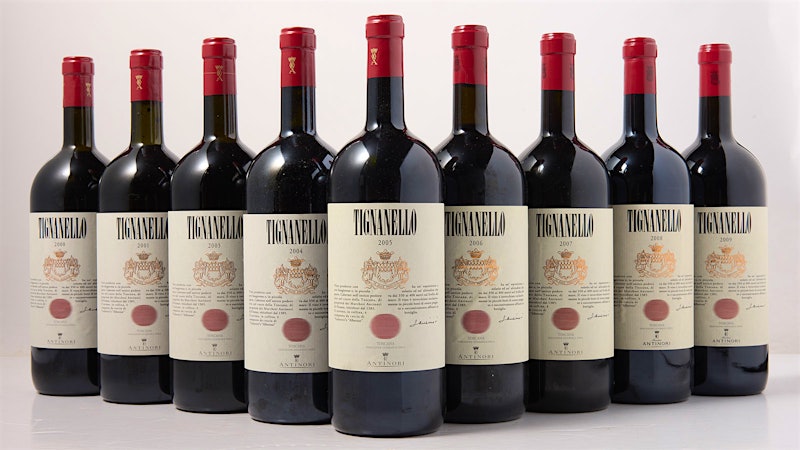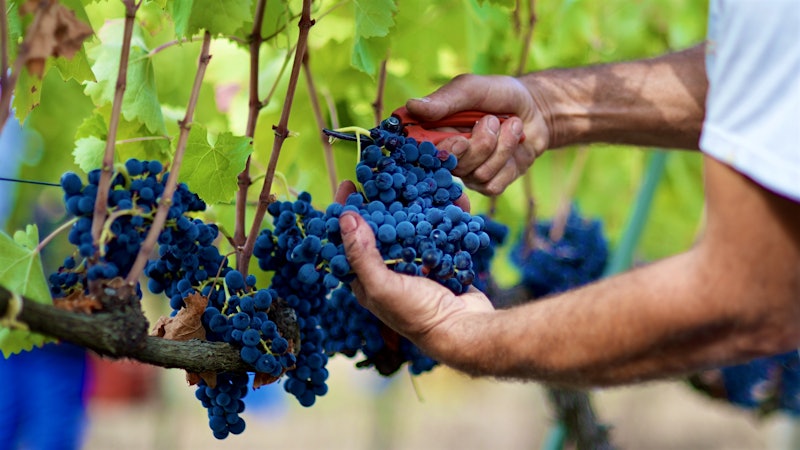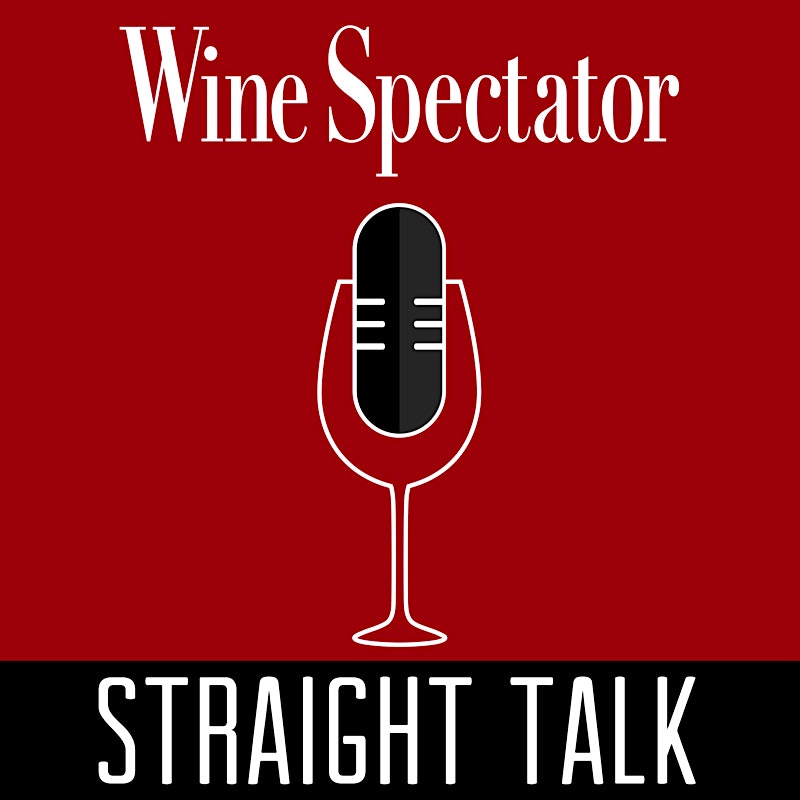Misinformation on wine and health is all around us, so we talked to the experts (actual health professionals, not your aunt's friend's know-it-all neighbor) to separate fact from fiction, breaking down five of the most popularly perpetuated wine-and-health myths, and revealing the truth behind each.
Alcohol Kills Brain Cells
Though your brain may feel fuzzy after a couple glasses of wine, it's not actually a sign of cell death. Ethanol (the kind of alcohol found in wine, beer and spirits) does have the ability to damage cells, but the human body has ways of processing it to curb major long-lasting destruction, including in brain cells. Typically, what you experience after drinking are short-term symptoms, which will go away once the alcohol is cleared from your system.
What can happen when you drink, however, is the damaging of dendrites, which are extensions of nerve cells that carry messages between neurons. While this effect of alcohol, which was discovered in 1999 by scientist Roberta Pentney, can alter the structure of a neuron, it does not totally destroy cells, and is believed to be mostly reversible.
Of course, there are serious concerns when it comes to drinking and long-term brain health. Exposure to alcohol during critical periods of development (such as in the womb or during teenage years) can cause lasting damage, as can binge drinking during any stage of life.
Specifically, heavy drinkers are at risk for developing a neurological disorder called Wernicke-Korsakoff syndrome, a chronic memory disorder that is caused by a deficiency of the vitamin thiamine.
On the other hand, recent studies have pointed to potential benefits of moderate wine drinking on brain health. As with most alcohol and health concerns, it appears moderation is key.
Verdict: False
Red Wine Is Healthier than White Wine
Red wine tends to get all the attention and praise when it comes to health benefits, mostly thanks to its polyphenolic content. Polyphenols such as resveratrol, quercetin and ellagic acid are all found in grape skins, and therefore are more abundant in red wine than in white. But while these compounds do have beneficial properties, they're not the only elements of wine that have health-boosting potential.
Whether red wine or white wine is "healthier" for you might depend on what aspects of your health you are focused on. A 2015 study, published in the Annals of Internal Medicine, showed that while red wine drinkers enjoyed boosted levels of HDL cholesterol (the good kind), white wine drinkers enjoyed better blood sugar controls.
There is also still much to be discovered about the health benefits of both red and white wine. "Many studies indicate that the type of alcohol—red wine, white wine, beer or liquor—likely matters less, and that the alcohol itself is what drives these observed benefits," Dr. Howard Sesso, a researcher at Brigham and Women's Hospital, told Wine Spectator in 2017.
Verdict: Not necessarily
A Glass of Wine Before Bed Is a Good Sleep Aid
Sure, drinking alcohol can make you feel sleepy, but it’s not a good idea to use booze to help you snooze. Thanks to alcohol’s sedative effects, a tipple before hitting the hay will help you fall asleep faster, and there is even evidence that some wine grapes contain high amounts of the sleep aid melatonin.
But that sleep is less likely to be restful and restorative. A study published in 2015 in the journal Alcoholism: Clinical and Experimental Research revealed that subjects who drank alcohol experienced an increase in deep sleep early in the night, but then experienced sleep disruption, greater numbers of awakenings and more time spent awake later on in the night.
While you probably won’t cause any major sleep problems if you drink moderately in the evening, it is not recommended to use wine as a sleep aid.
Verdict: False
Want to learn more about how wine can be part of a healthy lifestyle? Sign up for Wine Spectator's free Wine & Healthy Living e-mail newsletter and get the latest health news, feel-good recipes, wellness tips and more delivered straight to your inbox every other week!
Men and Women React the Same to Alcohol
A 5'9" 160-pound woman should be able to process three glasses of wine consumed over three hours identically to a man of the same proportions, right? Wrong.
Alcohol affects women and men differently, in ways ranging from metabolism to hangover recovery. This is why the U.S.D.A. Dietary Guidelines recommend up to two drinks a day for men and up to only one for women.
We've all been told that our body size plays a big role in the way alcohol affects us, and this is true. But it also has to do with our chemical makeup, which differs. For example, according to women’s health expert and author Dr. Jennifer Wider, women do not have as much alcohol dehydrogenase activity as men do, meaning they’re unable to process the same amount of alcohol before it reaches the bloodstream. This means women generally grow more intoxicated more quickly than men.
Verdict: False
Sulfites Cause Headaches and Hangovers
Sulfites are probably the source of wine's biggest myth. They're naturally occurring, and most winemakers also add supplemental sulfites to wine to help protect it against spoilage and oxidation. Sulfites are also frequently blamed for headaches and hangovers. But, according to science, this is not a fair accusation.
Per the FDA, only 1 percent of the population is sensitive to sulfites. And even if you are among the small set of people who do have reactions to sulfites, these substances are not to blame for your hangovers. Instead, they might cause an allergic reaction.
Though there is no one answer as to what, scientifically, causes hangovers, we do know that the severity of a hangover can be directly correlated to how much alcohol was consumed and how rapidly. Dehydration also plays a big role, as does the amount of congeners that a person has consumed through their beverages.
Verdict: False












